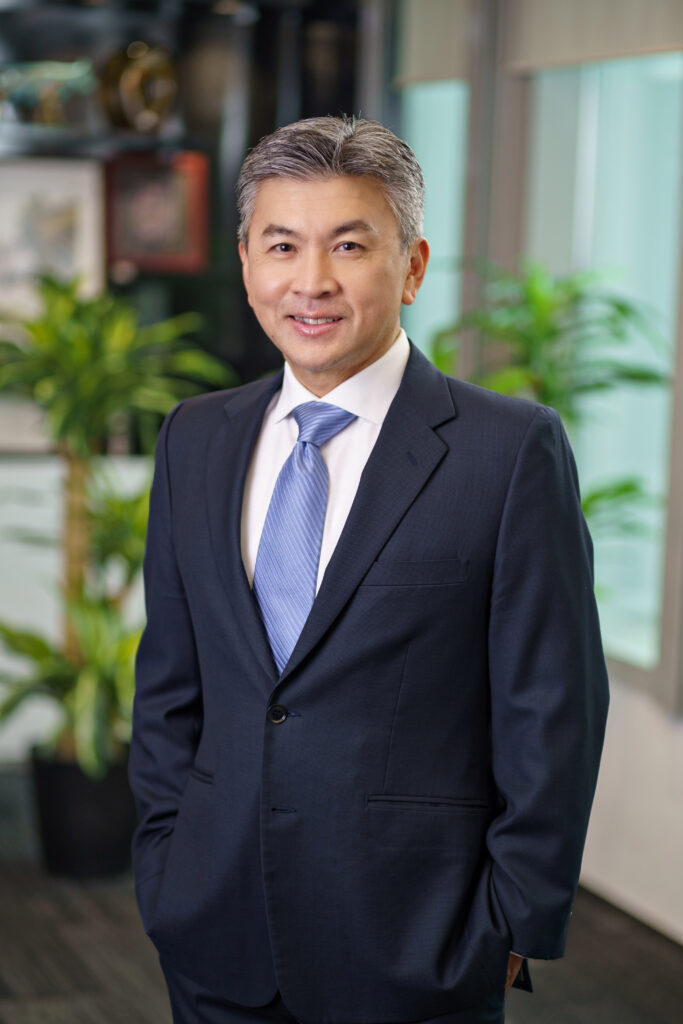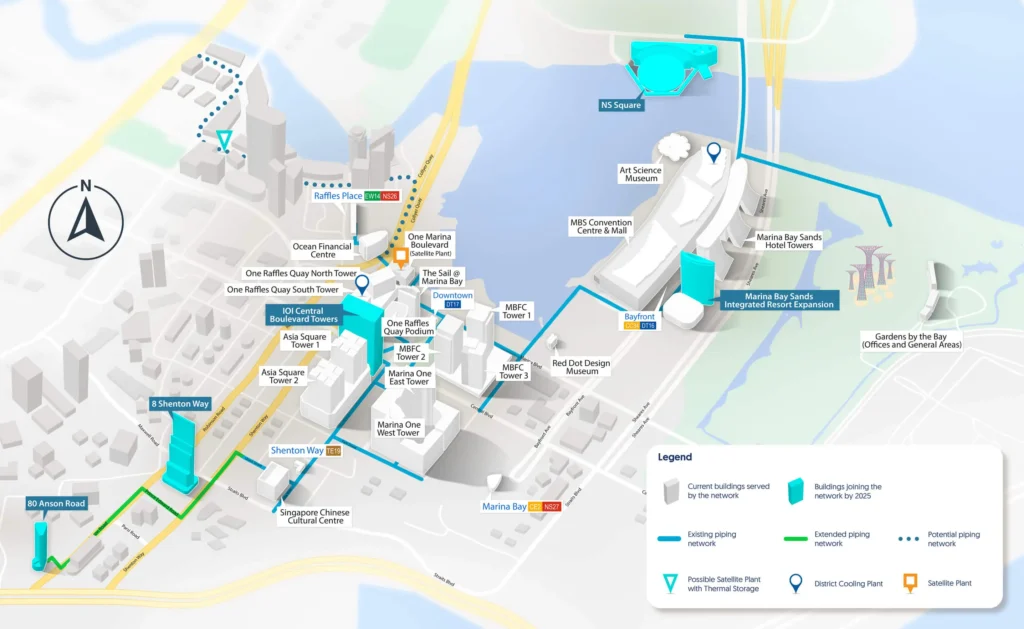
Energy Market Company (EMC) operates Singapore’s wholesale electricity market, which was the first liberalised electricity market in Asia. All of Singapore’s electricity is bought and sold through EMC. It is a wholly-owned subsidiary of Singapore Exchange (SGX Group).
As CEO of EMC, Toh Seong Wah drives the efficient management of Singapore’s wholesale electricity market operations. A change catalyst with commercial foresight, he has put EMC on a steady growth trajectory by developing organisational capabilities and expanding into new geographical and service markets.
Under his leadership, EMC has launched and executed key initiatives such as the Market Advisory Panel (MAP), electricity procurement portal PowerSelect, and a landmark demand response programme, all of which helped propel Singapore’s energy landscape to new heights in market efficiency and competitiveness.
Toh was a panel speaker for a plenary discussion topic on collaborative strategies for green transformation and water sustainability in ASEAN on day one of the 8th ASEAN CIO Forum. We had the opportunity in seeking his perspectives and insights on how climate-first technologies could be tapped to drive long-term sustainability.
How is EMC collaborating with other organisations or governments in APAC to drive long-term sustainability and green transformation?
As the key intermediary, EMC connects Singapore’s energy industry, acting as a bridge between electricity producers, consumers, and regulators.
We understand the challenges the industry faces, whether it’s importing 6 gigawatt of low-carbon electricity by 2035, achieving Singapore’s 2050 net-zero targets, delivering shareholder profits, or exploring low-carbon alternatives. EMC collaborates with the industry to consult on and develop innovative solutions, such as long-term energy modelling to forecast future energy demands.
Additionally, we organise regular industry-wide events, fostering open communication and strengthening connections across the sector.
What roles do advanced technologies play in helping enterprises achieve their sustainability goals?
Technologies play a crucial role in helping organisations achieve their sustainability targets. One example is the incorporation of district cooling systems in commercial buildings and, more recently, in Singapore’s residential estates.
The Marina Bay District Cooling network, which supports Singapore’s iconic Marina Bay Sands, is the world’s largest underground district cooling network. This solution not only reduces carbon emissions but also provides cool comfort to visitors. Following its success, the system was extended to residents in the Tengah housing estate last year.

Another example is the adoption of climate-first technologies in port management, where smart energy management systems use sensors to collect data on building behaviour, such as temperature, humidity, light intensity, and carbon dioxide concentrations. This data is used to predict future resource usage, allowing for greater energy efficiency.
The building employing these systems was awarded the prestigious Green Mark Award (Platinum) under the Super Low Energy Building category by Singapore’s Building and Construction Authority (BCA).
What is EMC’s environmental, social and governance (ESG) strategy, and what are some of the key challenges you face when ensuring compliance and fostering innovation?
EMC is committed to supporting the industry’s ambitions in achieving its sustainability objectives. As a trusted partner, we foster collaboration by providing data, tools, and connecting stakeholders to drive meaningful industry discussions.
In partnership with Singapore’s Energy Market Authority (EMA) and the broader industry, EMC plays a key role in updating market rules and improving systems to integrate solar energy, electricity imports, and more recently, energy storage systems into the market.
The key challenge is to build a knowledgeable and collaborative ecosystem where industry participants can come together to learn from one another. EMC engages the industry through various events, including our biennial roundtable and monthly forums, to share market trends and best practices.
Looking ahead, what do you believe are the most critical actions needed from both the public and private sectors to accelerate ASEAN’s transition to a sustainable future? How is EMC preparing to contribute to these efforts?
Singapore has committed to achieving net-zero emissions by 2050 and recently raised its target to import 6 gigawatt of low-carbon electricity, up from 4 gigawatt, by 2035. However, there is still a long way to go in meeting both targets.
ASEAN countries face similar challenges, and while their solutions may differ, the shared goals of net-zero emissions and energy transition are universal.
As organisations continue to innovate and develop new solutions, it is crucial for the industry in both Singapore and ASEAN to collaborate and work together. Decisions must be data-driven and widely consulted to ensure effective outcomes.
EMC is committed to supporting this effort by providing in-depth market insights and fostering a resilient, sustainable energy market through deeper industry engagement.
















